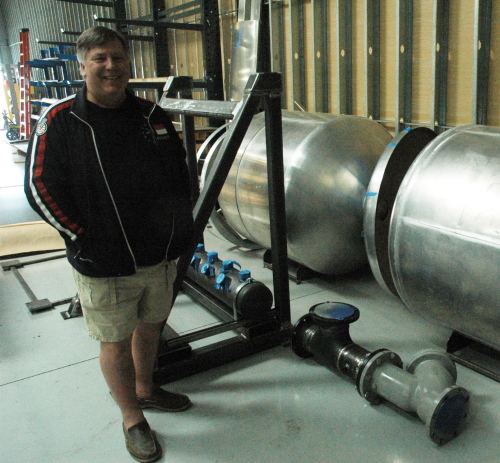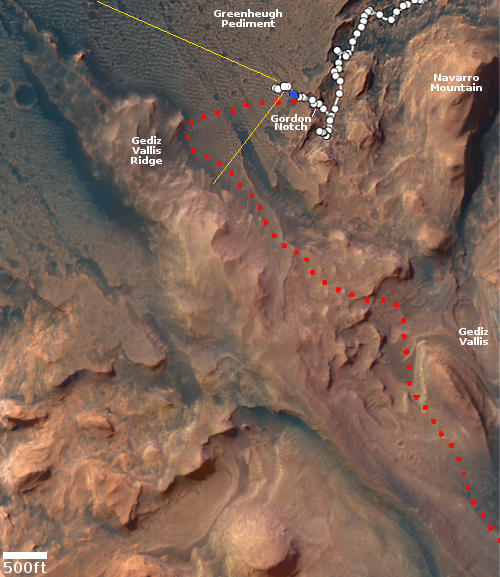Today’s blacklisted American: Two colleges hold segregated debate tournament that bans whites from competing

Modern academia: dedicated to segregation!
“Segregation today, segregation tomorrow, segregation forever!” Boston College and Northeastern University partnered together to run a debate tournament in October 2021 that explicitly banned whites from participating, merely because of their race.
In an email obtained by Campus Reform, Devesh Kodnani, president of the Chicago Debate Society, writes “The goal of this tournament is to promote affinity among non-white APDA debaters and cultivate racial diversity on the league.”
The email was sent to members of the University of Chicago Debate Society and clarified that “BIPOC is defined as anyone who does not identify as white.”
Topics for the debate tournament include “issues relating to race and social justice.”
While White students were ineligible to compete in the event, they were able to apply for a judging position, though the university clarified that White students would be “selected with lower priority” than students of color, Chicago Thinker reported. [emphasis mine]
More information here.
» Read more

Modern academia: dedicated to segregation!
“Segregation today, segregation tomorrow, segregation forever!” Boston College and Northeastern University partnered together to run a debate tournament in October 2021 that explicitly banned whites from participating, merely because of their race.
In an email obtained by Campus Reform, Devesh Kodnani, president of the Chicago Debate Society, writes “The goal of this tournament is to promote affinity among non-white APDA debaters and cultivate racial diversity on the league.”
The email was sent to members of the University of Chicago Debate Society and clarified that “BIPOC is defined as anyone who does not identify as white.”
Topics for the debate tournament include “issues relating to race and social justice.”
While White students were ineligible to compete in the event, they were able to apply for a judging position, though the university clarified that White students would be “selected with lower priority” than students of color, Chicago Thinker reported. [emphasis mine]
More information here.
» Read more






